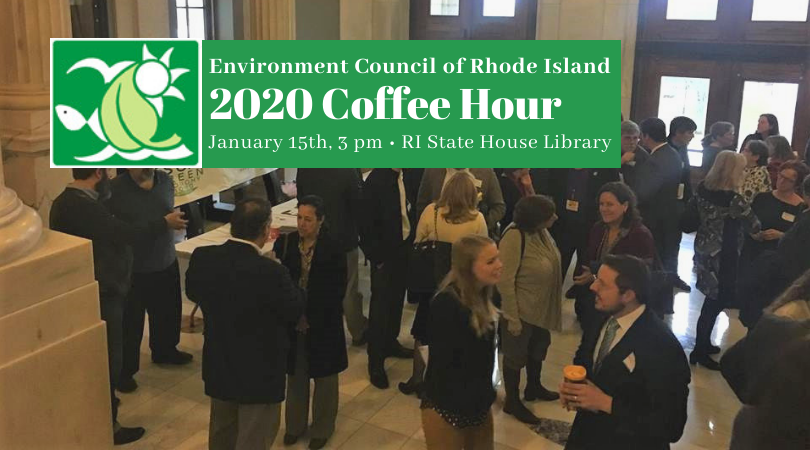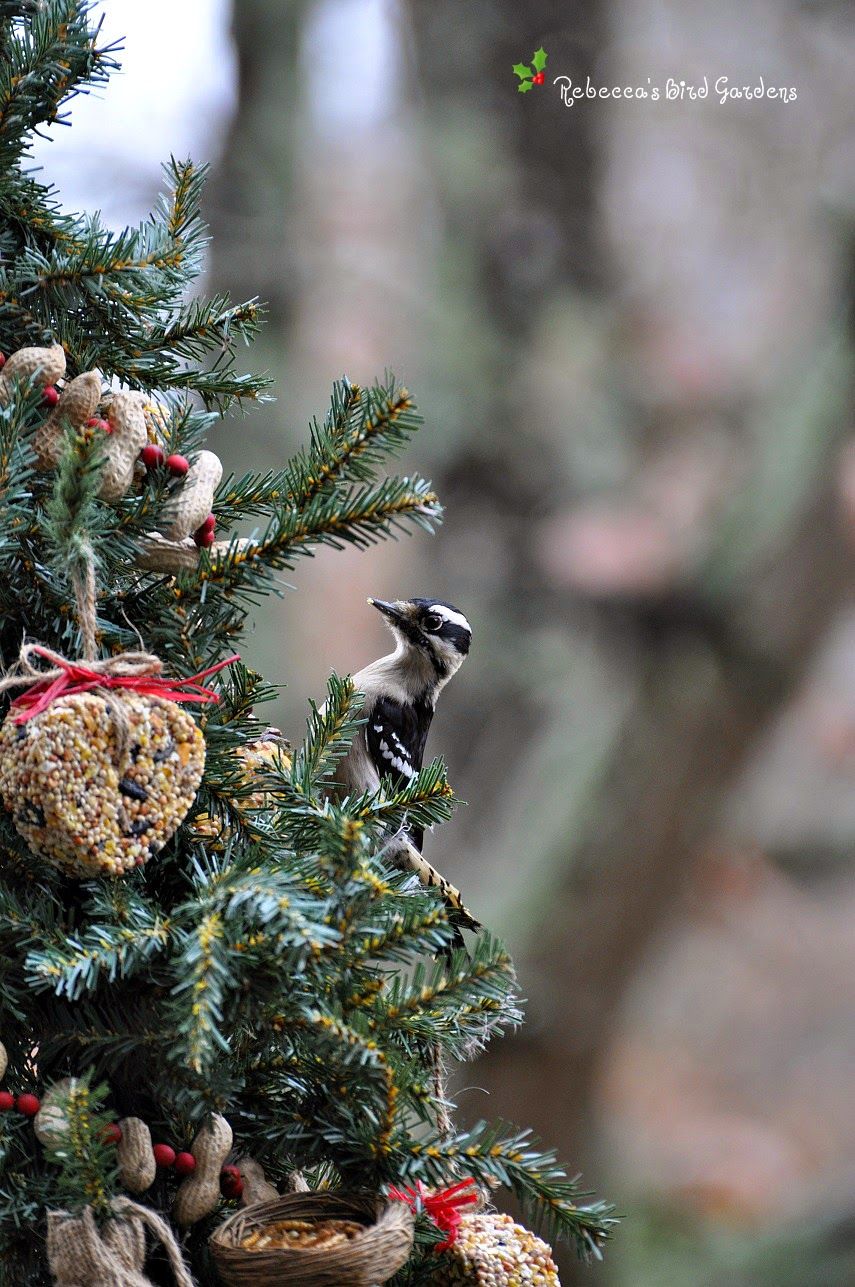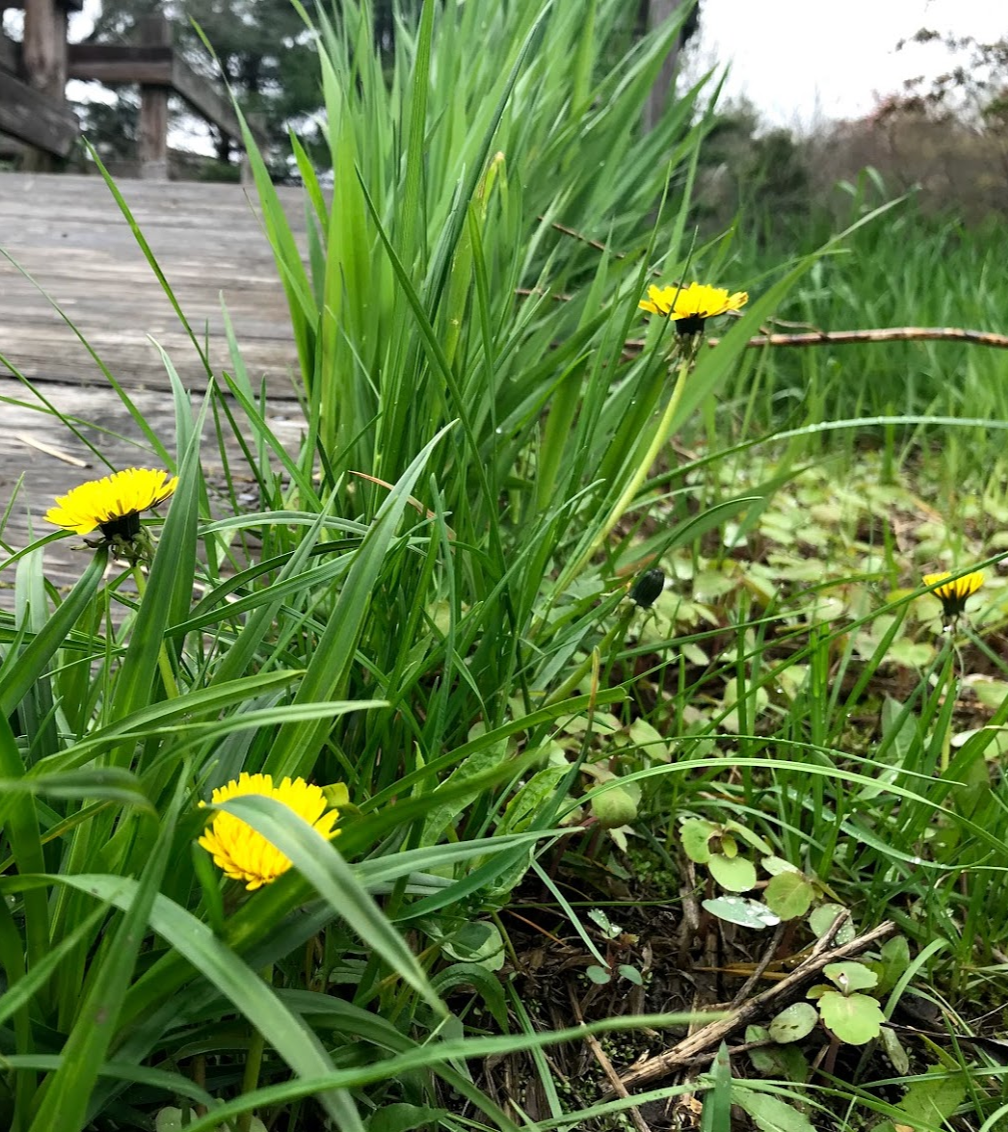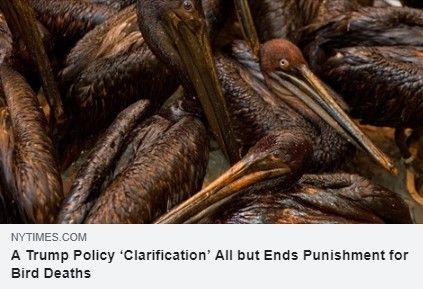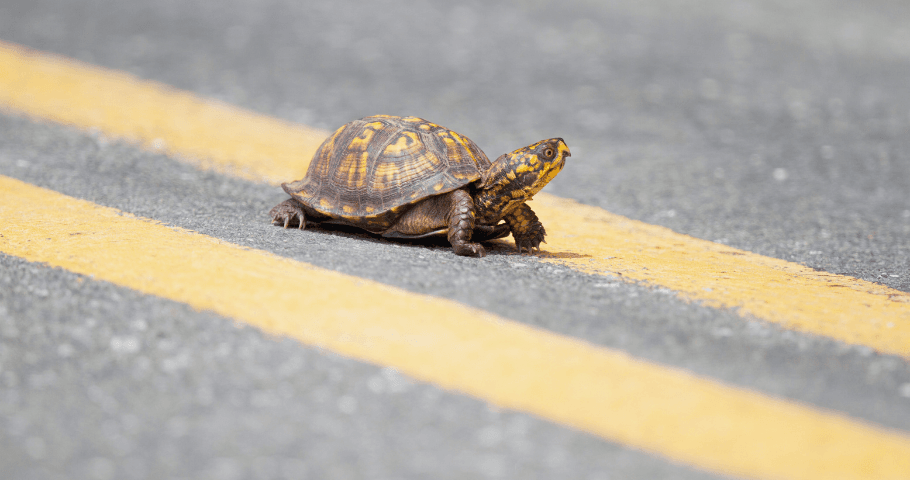January 2020
The monthly Audubon Eagle Eye Advocacy Updates will provide you with simple actions you can take to help foster a cleaner, healthier planet along with local and national environmental news. Advocacy to protect birds and wildlife is a top Audubon priority and this work goes beyond testifying on their behalf on Smith Hill. Year round, we are working with our community partners and Rhode Island leaders to ensure the environment is a priority. These updates will keep you informed and ready to take action when the legislative session is upon us. As the newsletter continues, we are very interested in your suggestions and questions. Please send them to Audubon Senior Director of Policy Meg Kerr at mkerr@asri.org.
Sign up to get the Audubon Eagle Eye Advocacy Update in your inbox!
-
Happy New Year!!!
Join Audubon and the Environment Council of Rhode Island at the State House Library on January 15 at 3:00 PM for coffee hour with legislators.
ECRI members and leaders of the environmental community will connect over coffee and refreshments to kick-off the 2020 legislative session. Join the conversation on emerging policy priorities for Rhode Island!
Speakers at the event will include legislative leadership, Barnaby Evans from Waterfire and Kim Anderson from Plant City.
Parking
Metered parking is available on Smith, Francis and Gaspee Streets. Another option is to park in the Providence Place Mall parking garage (.5 mile walk)
-
Action You Can Take This Month
If you have a live Christmas tree, consider making use of it when you take it down.
-
1. Mulch with needles. Pine needles dry quickly and decompose slowly, making them an excellent moisture- and mold-free mulch. Crops such as strawberries benefit from resting on this ground cover as they grow.
2. Create a bird sanctuary. Place your tree in its stand outdoors. Fill bird feeders and hang them from the boughs, or drape the tree with a swag of pinecones coated with peanut butter.
3. Insulate perennials. Cut off boughs and lay them over perennial beds to protect them from snow and reduce frost heaving.
4. Edge your borders. Cut the trunk into 2-inch discs and set them into the soil to edge flower beds or walkways.
5. Make coasters and trivets. Cut thin slabs off the trunk, sand them smooth, and apply a thin coat of polyurethane to keep the sap off tables and glassware.
6. Chip it. Rent a chipper (get a few neighbors together to split the cost) and feed the tree through it. Next spring, spread the wood chips under shrubs; they'll suppress weeds and, as they decompose, add nutrients to the soil.
-
Rhode Island Legislation
Rhode Island’s legislators return to work in January. In preparation for the session, Audubon’s board has outlined the following priority issues:
-
Forest Protection
Rhode Island’s forests provide habitat for birds and wildlife while delivering a suite of environmental services including filtering water, cleaning air and mitigating climate change. More than half the state’s land area is forested (56%), and most of this land (68%) is privately owned. Audubon will advocate for state leadership and state policies to prioritize and protect critical forest resources.
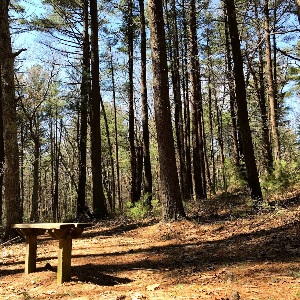
Audubon’s initial priorities under forest protection are:
1) 2020 Green Bond. Audubon and partners including the RI Land Trust Council, The Nature Conservancy, Save The Bay, RI Woodland Partnership, and Grow Smart RI are asking the Governor to include $5 M in the 2020 Green Bond dedicated to forest protection.
2) Amend Community Preservation Act that was introduced in 2013 (H 5633, S 696). Audubon is working with the RI Land Trust Council to amend this bill and get it introduced in 2020. This enabling statute when passed will allow cities and towns to ask their voters to approve an incremental increase in property taxes to support conservation priorities including forest protection.
Regarding solar siting: We are very aware of the deforestation happening with solar development around the state. Audubon has been working on this issue for over 2 years with little success. We advocated for changes to state laws to change how solar is sited, and last year we also worked on legislation to require the state to develop policies to protect critical forest resources. Sadly, we have not been successful in these efforts.
Click here for Audubon’s policy on renewable development.
Click here to read about the Woodland Protection Act in our Spring 2019 Audubon Report.
Audubon urges our supporters to reach out to their local legislators, the governor and the director of the DEM (Janet Coit) and the director of the Office of Energy Resources (Carol Grant) with concerns. If we are to be successful changing the programs for solar development, Audubon and our allies need political support and champions at high levels to make this issue a top priority.
-
Responding to the Climate Crisis
Climate change news is grim. Bird populations in Rhode Island and throughout the world are impacted by changes in temperature and habitats. As Greta Thunberg states, everyone must step up to address this crisis.
Audubon’s initial priorities under the climate crisis are:
1) Amending the 2014 Resilient RI Act. Our goal is to make the state’s greenhouse gas reductions economy wide and enforceable.
2) Audubon is working with members of the Environment Council of Rhode Island (ECRI) to reach out to climate activists and other organizations to create a shared statement of urgency for RI to take bold action on the climate crisis. ECRI’s legislative coffee hour will be held on January 15 at 3:00 PM at the State House Library and will include a speaking program about the climate crisis.
-
Reduce pesticide impact on birds
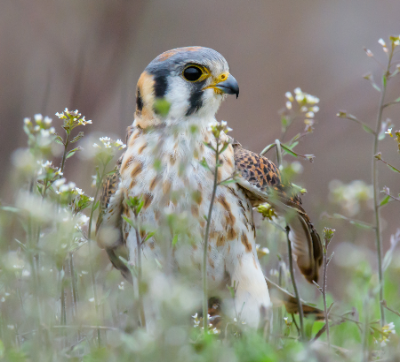
Audubon has worked for several years on issues related to pollinator health and habitat. This work has consistently identified DEM’s limited capacity to manage and monitor pesticide use in the state. Recent research is showing a link between pesticide use, particularly neonicotinoids, and impacts on birds.
There is also data suggesting a link between neonics and mammalian harm.
Audubon’s initial priorities for reducing pesticide impacts on birds:
1) Work on a bill to ban neonicotinoids in RI. A neonicotinoid ban was introduced in 2016 but did not pass.
Ideas From our Readers
-
-
"We no longer use chemicals to treat our lawn. We let Nature do her thing. When dandelions are in bloom, we harvest the greens for salads and cooking. When white clover is in bloom, we leave islands of clover when mowing and then watch the islands vibrate with bees. When wild raspberries and wild blueberries appear around the edges of the lawn, we take some and leave some. We have started cultivating milkweed in sunny garden areas, saving seeds in the fall to plant in the spring. Wrens awaken us with their songs in the morning. Hawks and wild turkeys visit during the day. Owls enchant us with their calls at night. We love our yard!"
Wendy Nadherny Fachon
Host, Story Walking Radio Hour
Writer, Natural Awakenings
Environmental Educator, The Empowerment Factory
PFAS movies: “Dark Waters” and “The Devil We Know”
Last month’s Eagle Eye shared information on PFAS, per- and polyfluoroalkyl substances, the new set of toxic chemicals that are showing up everywhere in the environment. Learn more about them here.
If you would like to learn more about these chemicals, you might want to catch the new movie, Dark Waters, which tells the story of the lawyer who worked for 16 years to hold DuPont accountable for their abuse of PFOA (a PFAS chemical). It is playing in Rhode Island in January.
The documentary, The Devil We Know, detailing DuPont’s cover-up of the danger of PFAS chemicals, is also available from Netflix.
Climate Change
Rhode Island has a new dashboard to track progress made toward state goals of reducing greenhouse gas emissions, adding green jobs and electric vehicles, protecting land, creating resilient communities, and increasing renewable energy.
Access the dashboard here!
National Issues


